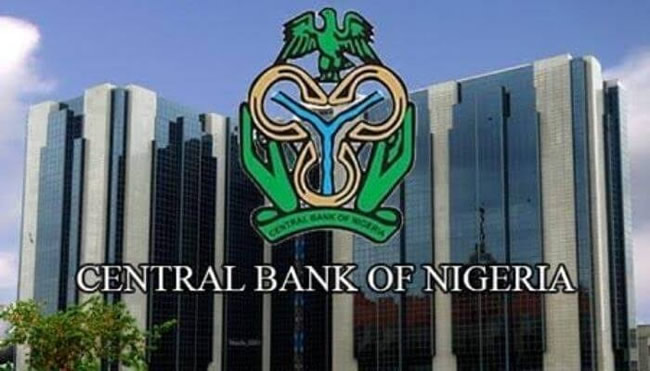Nigeria’s FX reserves surge by $591.78m 1 month after Eurobond auction
Nigeria’s foreign exchange (FX) reserves have recorded an increase of $591.78 million in the month following the government’s $2.2 billion Eurobond auction on December 2, 2024. The reserves rose from $40.292 billion on December 2 to $40.884 billion on January 3, 2025, reflecting a month-on-month growth of 1.47%. This growth highlights the effectiveness of the […]

Nigeria’s foreign exchange (FX) reserves have recorded an increase of $591.78 million in the month following the government’s $2.2 billion Eurobond auction on December 2, 2024.
The reserves rose from $40.292 billion on December 2 to $40.884 billion on January 3, 2025, reflecting a month-on-month growth of 1.47%.
This growth highlights the effectiveness of the country’s strategic measures in stabilizing its foreign exchange position amid mounting external and internal challenges.
The data from the Central Bank of Nigeria (CBN) highlights a steady and consistent rise in the reserves over the one-month period. On December 2, the reserves stood at $40.292 billion, a figure that marked the baseline after the Eurobond auction. Over the next few weeks, the reserves grew incrementally, reaching $40.376 billion by December 9, reflecting an $84 million increase. This initial rise signified the immediate impact of the Eurobond proceeds entering the financial system.
The pace of growth accelerated in mid-December, with reserves climbing from $40.525 billion on December 12 to $40.790 billion by December 19. This $265 million increase within just seven days was indicative of intensified foreign exchange inflows, likely driven by oil revenues and strategic CBN interventions.
By the end of December, reserves had reached $40.884 billion, marking the highest point during the period. The stability observed in the last week of December reflects the government’s ability to manage inflows efficiently while addressing key fiscal challenges. As of January 3, 2025, the reserves remained steady at $40.884 billion.
When compared to the previous year, Nigeria’s FX reserves have grown significantly. On January 3, 2024, the reserves stood at $33.042 billion. By January 3, 2025, this figure had surged to $40.884 billion, representing a substantial year-on-year increase of $7.84 billion, or 23.74%. This growth highlights the success of the government’s efforts to secure external financing while leveraging improved global economic conditions to boost reserve levels.
